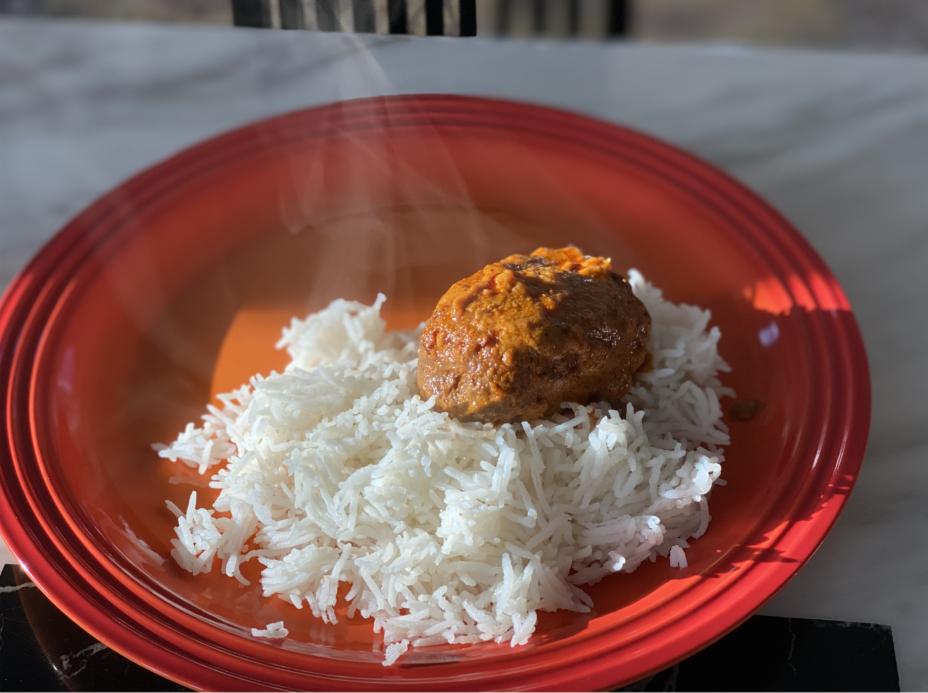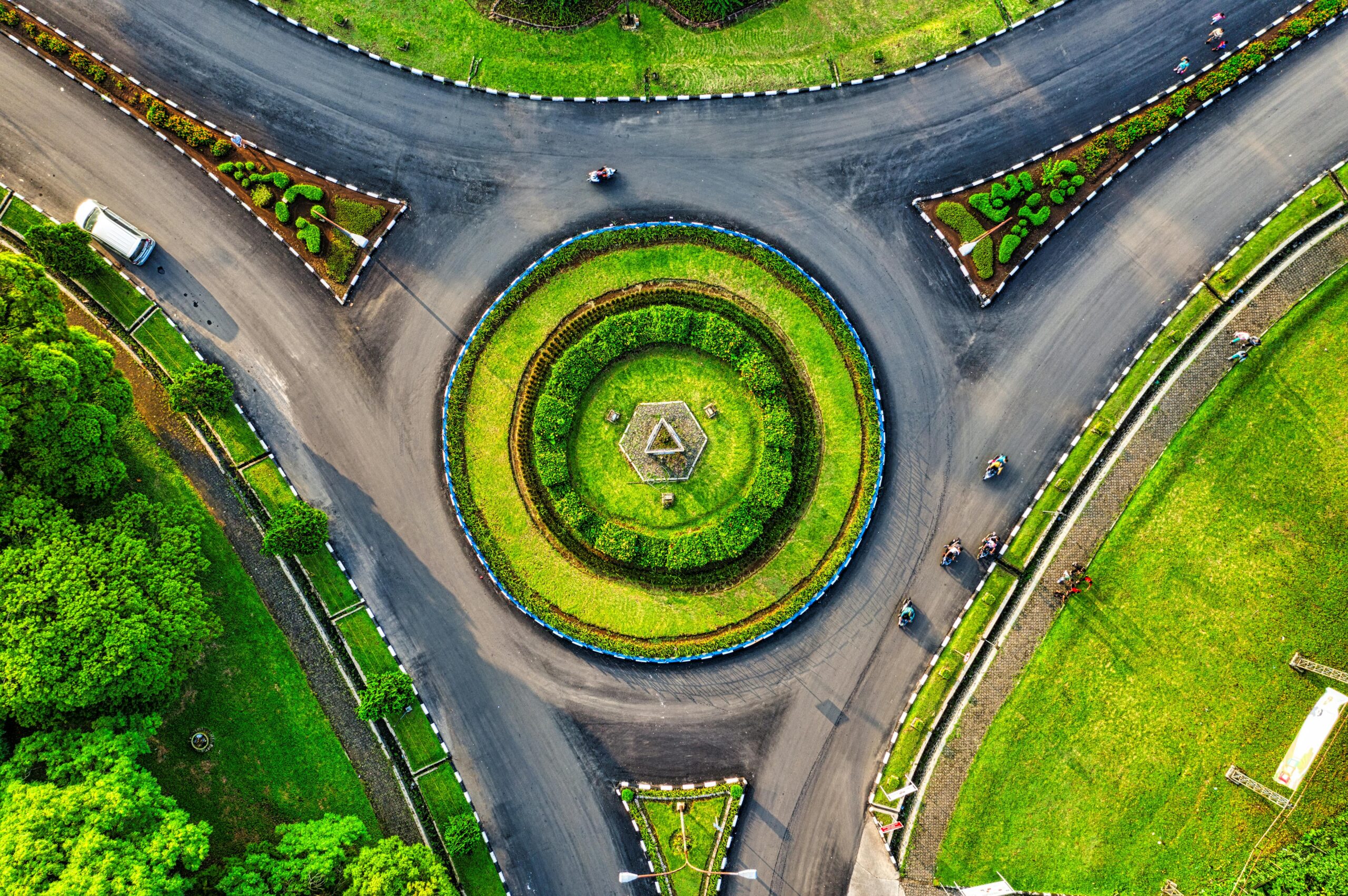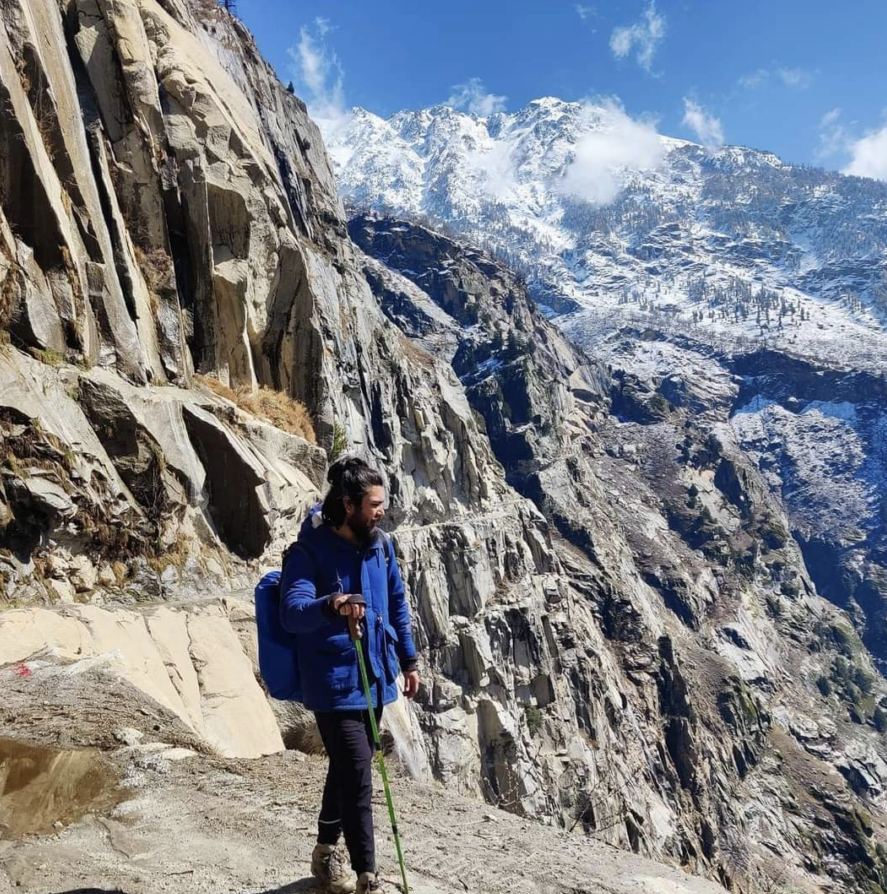
Humble Dumaloo
Sheetal Kaw
Dumoloo dumoloo, az khyamav es dumoloo (dumoloo dumoloo, today we are going to have dumoloo). This is the song which reverberates in my mind whenever I think of dumoloo. Me and my sister would sing while dancing around the kitchen after learning that our mom is preparing dumoloo.
Dumoloo is a unique preparation of Kashmiri cuisine. It is probably one of the top five things I like to talk about with my non-Kashmiri friends when they show some curiosity about my cultural background. If you have not heard of it or tasted it yet then in the language of “Game of Thrones” I will be forced to say “You know nothing John Snow”! You will be mesmerized by the science behind it. If you are blessed with culinary skills, you will feel proud of mastering the recipe. If you are a vegetarian or vegan, this can be your guilty pleasure. However, if you are a fitness freak, I will have a difficult time defending this deep-fried potato preparation. I would only say “thoda sa toh jeele yaar” (at least try to live a little bit).
Dumoloo was the cause of some happy and memorable fights in our family. We (my dad, my sister and me) would wait for my mom to finish frying all the potatoes. Then, we would carefully sneak inside the kitchen and get one potato for each one of us, sprinkle some salt and gobble it up as fast as we can. We would repeat this several times before the potatoes would go in the broth with Kashmiri spices for hours of cooking. My mom would get very angry with us for finishing up half of the potatoes even before they went for cooking. “What will I serve the guest now” she would say. To save himself, my dad would say “I told them the same thing, but they didn’t listen”. Then we all would burst into laughter. Over the years my mom started doubling the number of potatoes so that she would have enough for the guests.
I remember my dad explaining the science behind dumoloo to our non-Kashmiri guests with pride. “You see, we have to first dehydrate it completely so that later these potatoes can soak up all the spices during cooking”. My mom would add “you have to choose the correct variety of potatoes for dumoloo. If the potatoes have high sugar content, they will refuse to lose their water and would not start floating while frying. Then, your dumoloo will be sweet which you don’t want, and they will also not have any spices in them”. My dad would further add “So, let me tell you how to test if it is a good preparation of dumoloo. You take a dumollo on a plate, dig a hole in it with your index finger, only if you see spices accumulated inside the potato, you can say it is a perfect preparation”.
During my postdoctoral studies in Germany, I had once invited my friends for a Kashmiri lunch get together. One of my German friends, Tatjana, loved it so much that the next day she took the recipe from me. I had to translate the names of all the spices to her in German. I was surprised to know that yang (asafoetida) has a German name i.e., Teufelsdrek. Although she also took the recipes of tamatar wagun (Tomato-aubergine curry) and phule-roganjosh (Cauliflower preparation), I was elated because of her interest in preparing my favorite dumoloo. She later told me that she has put all 3 recipes in a recipe book which she will gift her grandmother as a birthday present. My mom was so happy after hearing this that she cried a little bit that day. This is how this innocent Kashmiri preparation continues to bring joy to our family.






